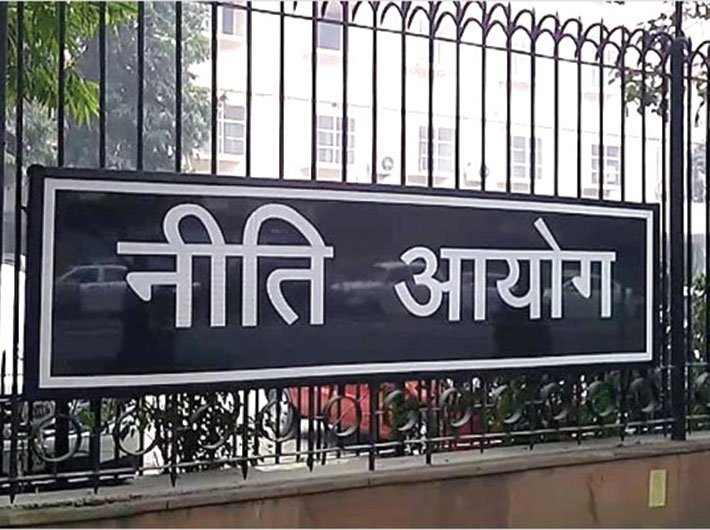It also wants the government to cut PSU stake to 49% in one shot
GN Bureau | June 15, 2016

On February 2 at around 10 PM, Sergio Gor, who had become US ambassador to India just three weeks ago, posted a cryptic message on his official handle on X, stating, “President Trump just spoke with Prime Minister Modi. STAY TUNED….” This created a buzz across media in India as the two l
The Power of Saying No!: Why Really Successful People Say No to Almost Everything By Ashutosh Garg Rupa Publications, 200 pages, Rs 395
US president Donald Trump has announced a reduction on tariffs on Indian imports from a punitive 50% to 18%. He called prime minister Narendra Modi late Monday (India time) and then announced the decision on social media. Trump said India would now stop buying oil from Russia and will procure it from the U
When the Union Budget 2026 was presented in Parliament, finance minister Nirmala Sitharaman spoke with assurance about economic growth, innovation and employment-led development. Rising revenue receipts were cited as a sign of a widening tax base, while increased expenditure reflected the government’
With animal welfare accounting for just 1.5% of India’s corporate social responsibility (CSR) funding, India Animal Welfare Forum (IAWF) has launched the country’s first collaborative Animal Welfare Funding Circle, aimed at addressing long-standing funding and coordination gaps in the sector.&n
The Budget proposals for Customs and Central Excise aim to further simplify the tariff structure, support domestic manufacturing, promote export competitiveness, and correct inversion in duty, said finance minister Nirmala Sitharaman while presenting the Union Budget 2026-27, in Parliament on Sunday.